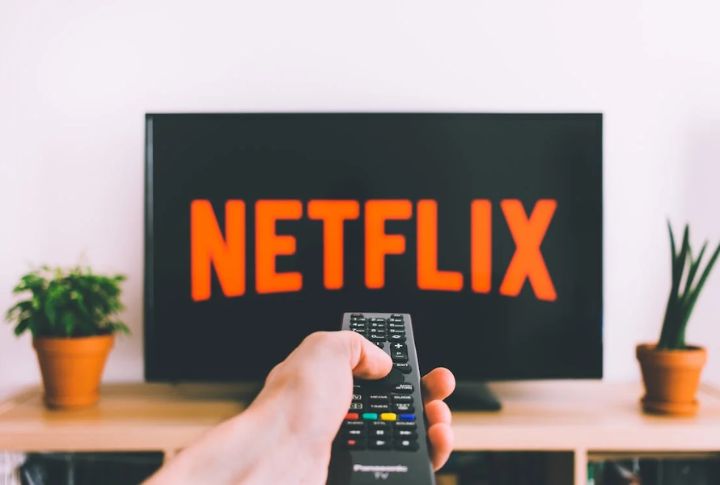
Every year brings unexpected changes, and 2025 is no exception. Rising prices in areas no one anticipated could reshape how people prioritize spending. Identifying these unexpected hikes not only prepares you for what’s ahead but also highlights the forces behind these surprising changes.
Home Insurance Premiums

As extreme weather events increase, home insurance rates are set to rise significantly. Insurance companies are feeling the financial strain from repeated claims. Preparing for emergencies or exploring discounts for home safety improvements can help offset these surging premiums.
Electricity Bills

Expect electric bills to shock your budget! Power grids face rising demand and infrastructure challenges, pushing prices higher in 2025. Energy-saving practices like turning off lights and using efficient appliances are smart ways to soften the hit on your monthly bill.
Airline Tickets

Booking a vacation? Airfares will likely soar as operational costs spike and travel demand remains strong. Airlines may offer deals for off-peak seasons, but frequent flyers should be ready for higher prices, especially for last-minute flights.
Groceries

Food rates will take a bigger slice out of your paycheck, driven by poor crop yields and labor shortages. Essentials like coffee and dairy could see marked price hikes, encouraging families to find savings in bulk buying and home-cooked meals.
Automobile Insurance

Higher repair fees and a rise in accidents mean car insurance premiums are expected to jump. To keep them down, consider increasing deductibles or shopping for a policy that rewards safe driving. Bundling home and auto insurance might help you secure a better rate.
Streaming Service Subscriptions

Your favorite streaming platforms may soon cost more. Content production prices have risen, and services are passing those expenses to subscribers. Look for annual payment plans, which often come with discounts, or try family plans for a more budget-friendly option.
Public Transportation Fares

For daily commuters, 2025 could mean paying more for public transit as cities try to cover infrastructure upgrades. In some areas, monthly passes or multi-trip discounts can help you save, so be sure to check out those options.
Home Heating Costs

Winter heating bills might surprise you this season. Natural gas prices are climbing, and this increase will especially impact households in colder regions. Simple tricks like using draft stoppers and setting thermostats wisely could help keep the chill off on your budget.
Health Insurance Premiums

As healthcare prices rise, insurance premiums are climbing, too. Employers might offer new plans or incentives for preventive health measures, so check with HR for options. Making use of wellness programs can also help you get more value from your policy.
Petroleum Products

Prices for petroleum-based products are on the upswing, affecting items beyond fuel. Due to oil price volatility, plastics, and household goods may cost more. Seek out reusable items or durable products to help you dodge this ripple effect.
College Tuition Fees

Attending college could get pricier. Tuition increases are expected as universities manage rising operational rates. Students can reduce expenses by exploring scholarships, grants, or community college courses, especially for general education credits.
Postal Services

Sending mail will cost more, with postage rate increases aimed at balancing operational costs. Small businesses can manage this by buying postage in bulk or exploring digital alternatives. Personal shippers can look for loyalty programs that offer helpful savings.
Water and Sewer Rates

Water bills could rise as cities invest in aging infrastructure. Homes with water-efficient appliances may notice less of a hit on their budgets, and small habits—like fixing leaks or shortening showers—can add up to meaningful savings over time.
Childcare Services

Childcare will become more expensive, mainly due to staffing shortages and more regulatory requirements. Some families are turning to cooperative childcare arrangements or seeking flexible work hours to help manage these rising expenses without compromising care quality.
Subscription Boxes

Those monthly boxes of treats or essentials will likely cost more in 2025, thanks to rising shipping and product expenses. Choosing quarterly deliveries over monthly ones can save some money, as can signing up for promotions or referral discounts.
Gym Memberships

Fitness memberships are set to jump as gyms face higher operating charges. To save, look for free community classes or consider mixing in at-home workouts. Many gyms also offer referral discounts, so bringing a workout buddy might help you snag a deal.
Internet Services

With internet demand at an all-time high, service providers are updating networks, and prices are following suit. Families might consider bundling the internet with streaming or phone services for discounts, helping to reduce the impact of these rising monthly bills.
Property Taxes

Rising home values in certain areas could mean higher property taxes as cities re-assess values to meet budget needs. Homeowners may want to explore deductions or exemptions specific to their region to help reduce the tax burden.
Vehicle Maintenance

Parts shortages and labor charges are pushing vehicle maintenance prices up. Routine checks like tire rotations and oil changes can help prevent costly issues, keeping maintenance expenses down while extending the life of your vehicle.
Dining Out

Eating out will take a bigger bite of your budget, with restaurant costs rising to offset higher wages and ingredient prices. If you love dining out, keep an eye on happy hour deals or special promotions to enjoy a night out without breaking the bank.
